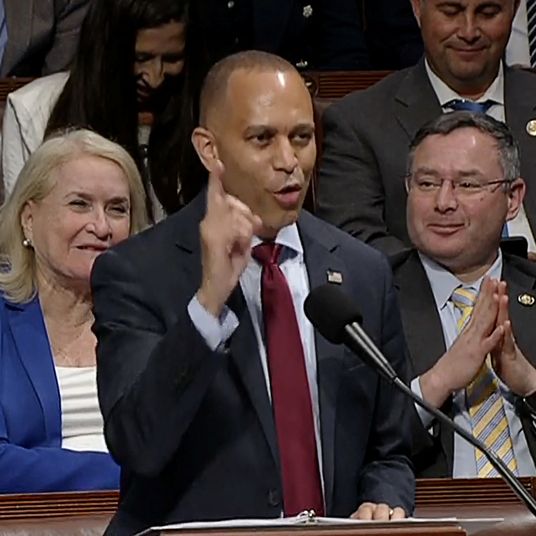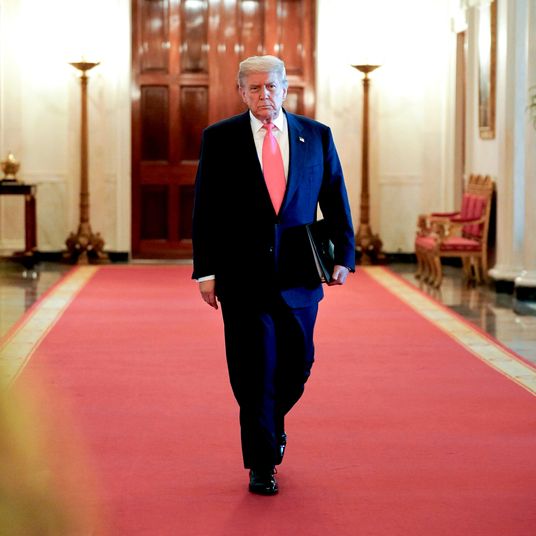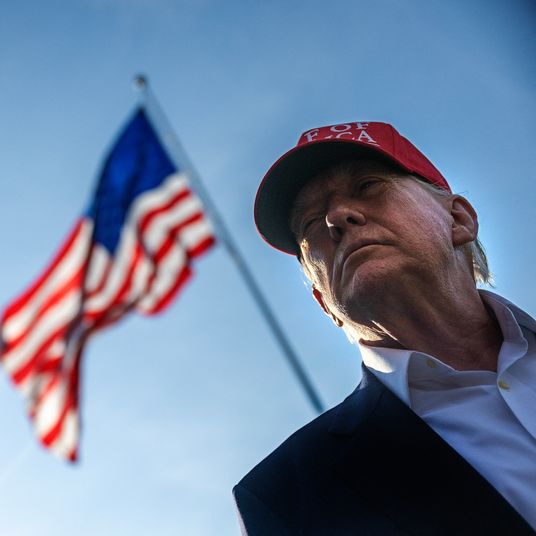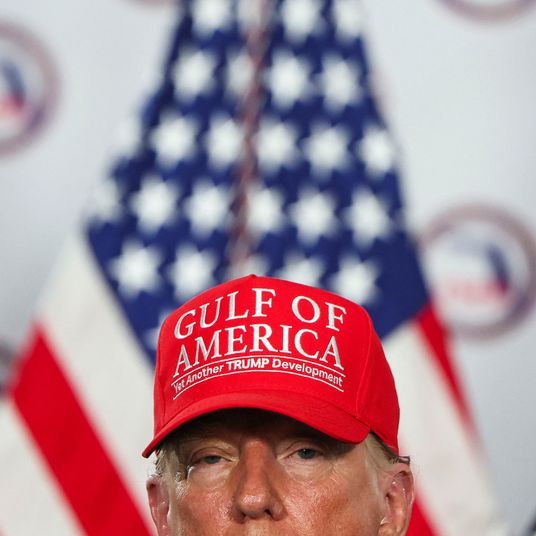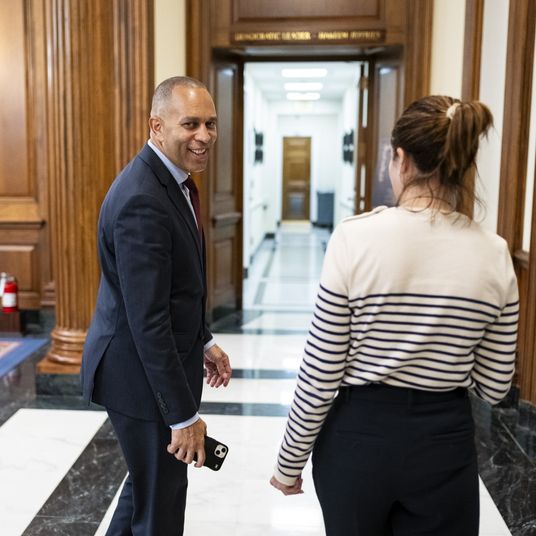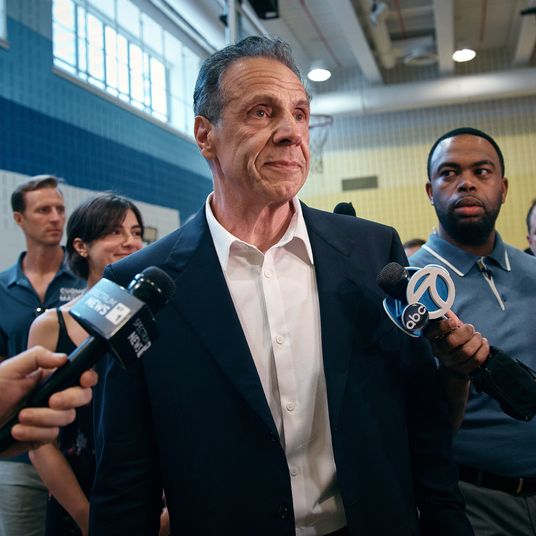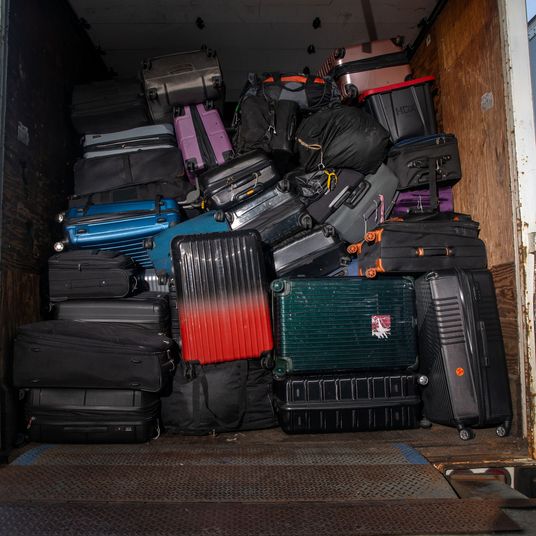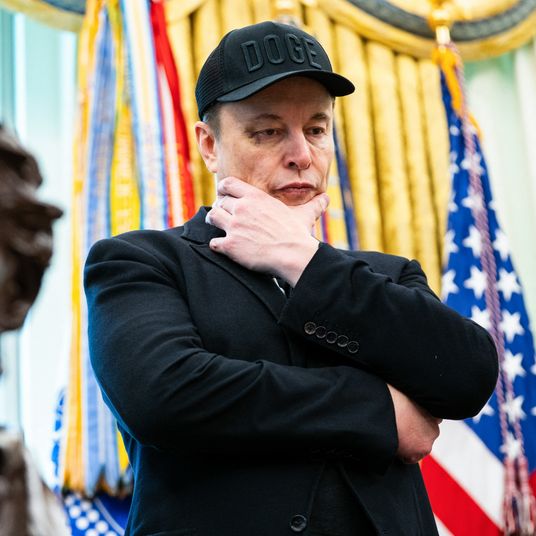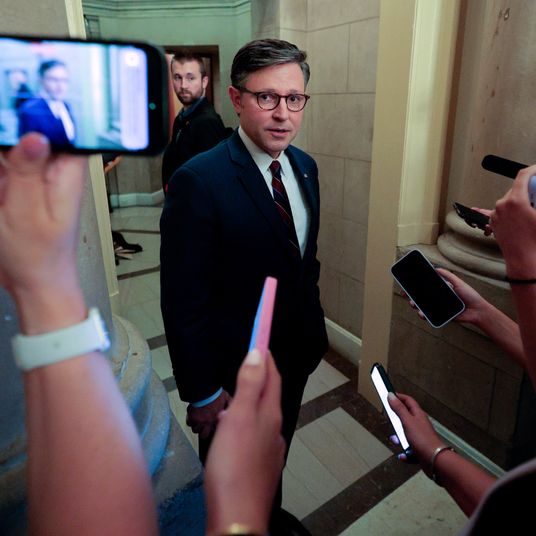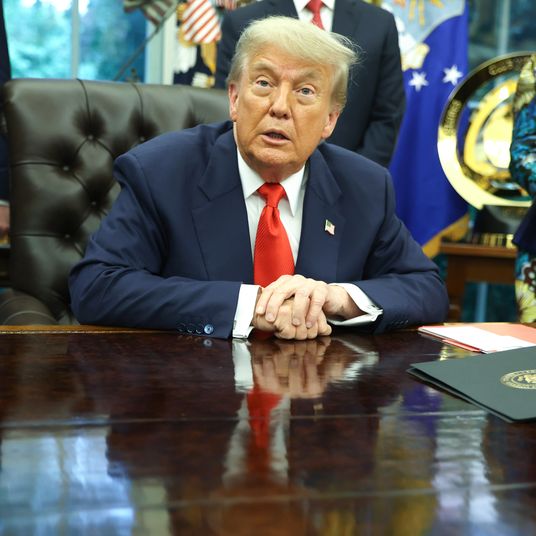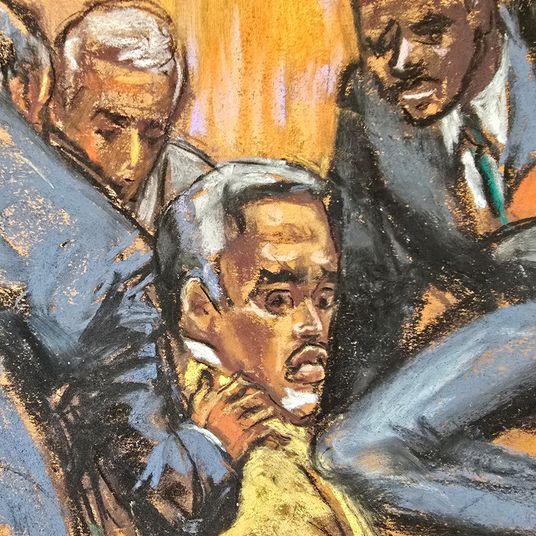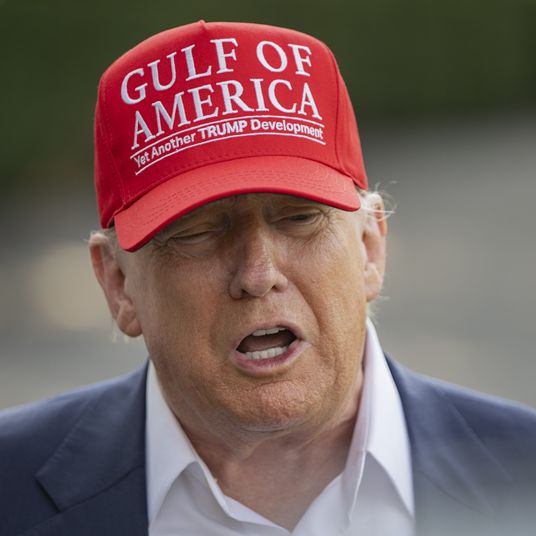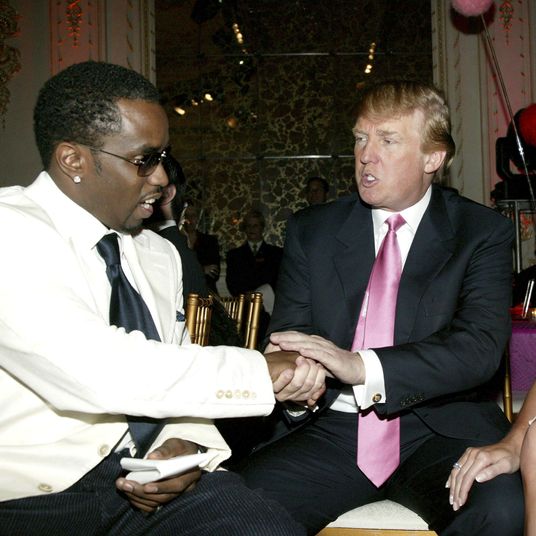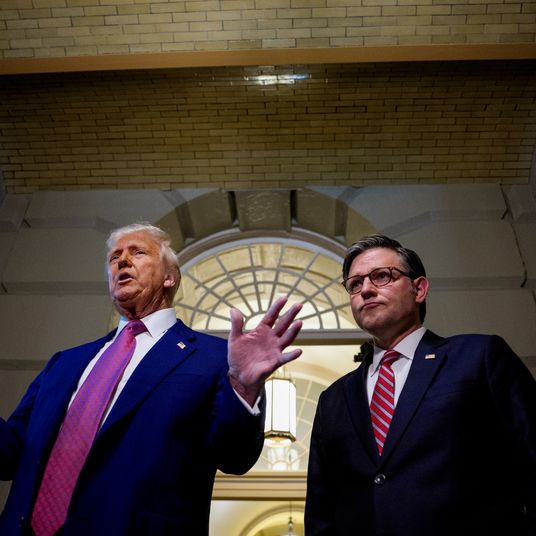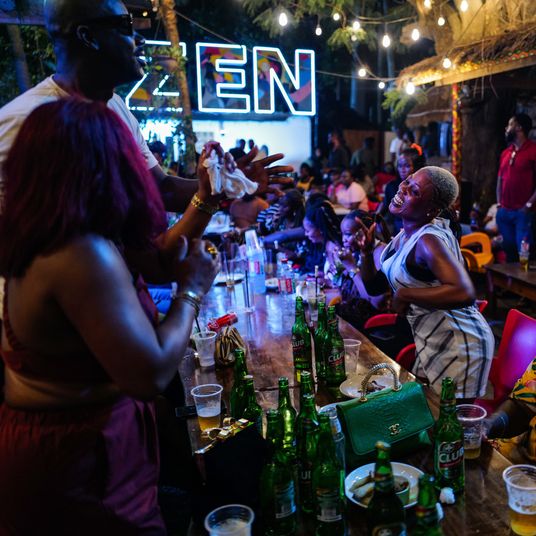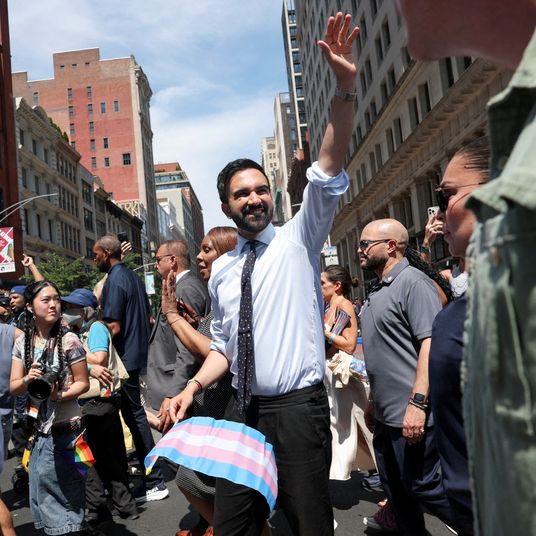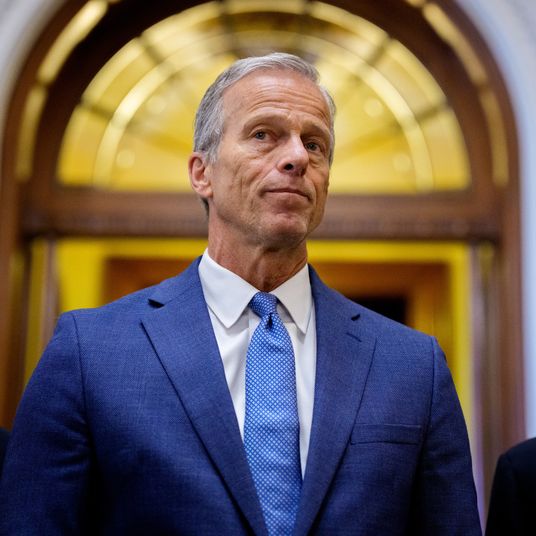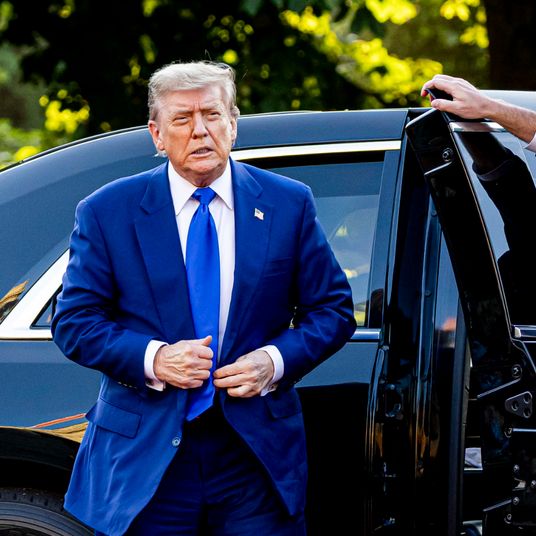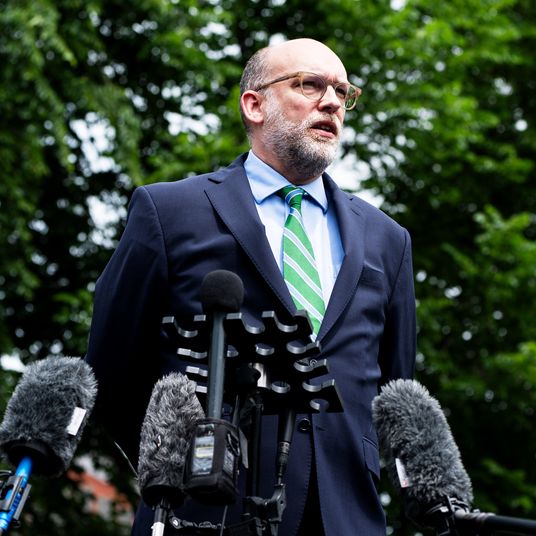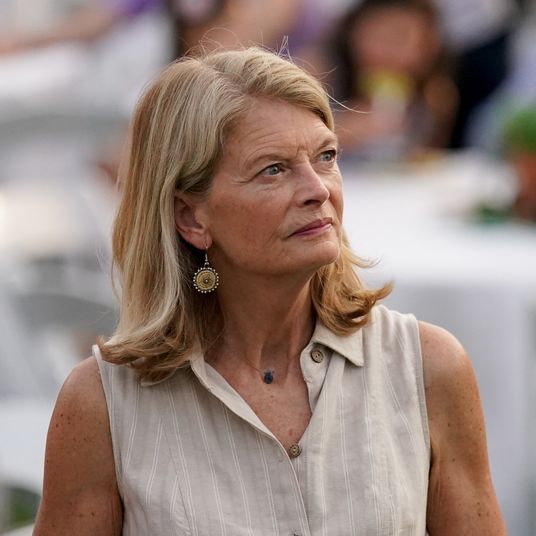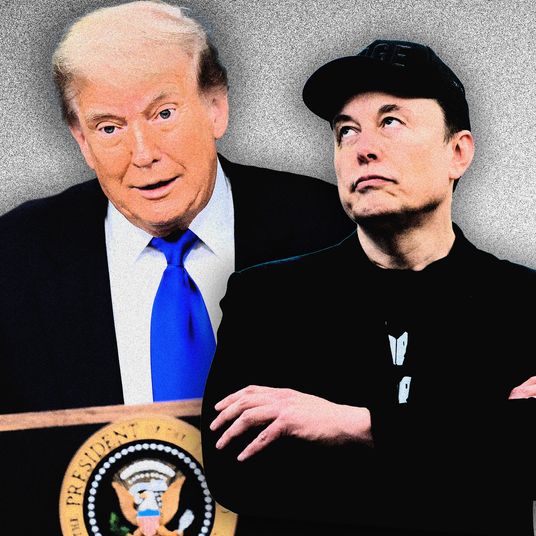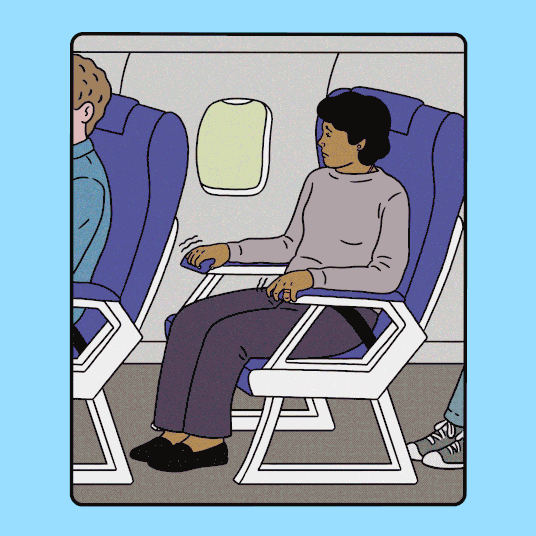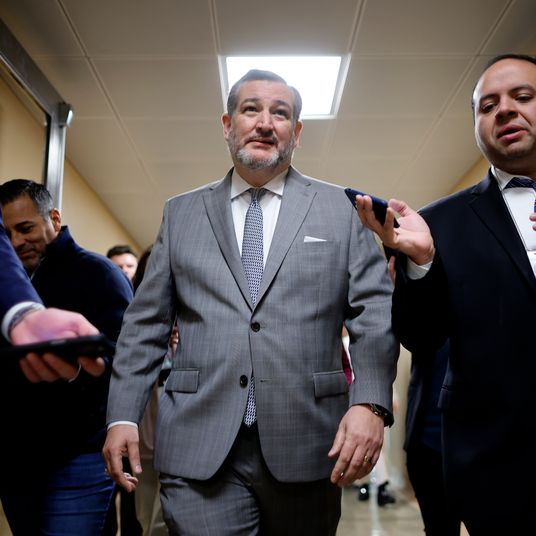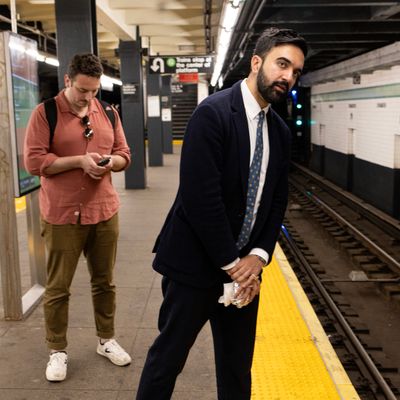
Hours after a grand jury declined to indict the police officer who killed Eric Garner, Bill de Blasio, the visibly shaken new mayor, wanted to speak honestly about what he saw by invoking his son. “This is profoundly personal for me,” he said in 2014. “I was at the White House the other day and the president of the United States turned to me, and he met Dante a few months ago, and he said that Dante reminded him of what he looked like as a teenager. He said, ‘I know you see this crisis through a very personal lens.’ I said to him I did, because Chirlane and I have had to talk to Dante for years about the dangers that he may face.”
The comments were received warmly in the Staten Island church where de Blasio stood, but rank-and-file officers were immediately enraged. They bellowed that de Blasio, a progressive with a biracial family, didn’t support them at all. Several weeks later, in what is still one of the more disturbing single days in post-9/11 New York, a deranged man shot and killed two off-duty NYPD officers, Wenjian Liu and Raphael Ramos, in an ambush. The resentment between the police and de Blasio, who was walking a tightrope between reforming the department and speaking the language of law and order, exploded out into the open. “That blood on the hands starts at the steps of City Hall, in the office of the mayor,” Patrick Lynch, the police-union president, thundered to the media. “After the funerals, those responsible will be called on the carpet and held accountable.” At the funerals for Liu and Ramos, police infamously turned their backs on de Blasio. He would for the rest of his mayoralty be tarred as anti-cop and would slowly retreat from his reform mission.
A decade later, New York, in some ways, is a very different city. Lynch, a notable pugilist, no longer leads the union, and it’s hard to imagine comments as relatively anodyne as de Blasio’s sparking such fury today. The wild hyperbole of the police would give way to the Black Lives Matter era and later the defund-the-police movement, which was celebrated at the time by Zohran Mamdani but ultimately petered out, leaving us where we are now: a year in which the murder rate is plunging again and the appetite for ambitious police reform seems diminished. (Mamdani’s greatest proposed change to policing would be a Department of Community Safety operating separately from the NYPD and responding to people experiencing mental-health crises.)
If Mamdani wins in November and becomes mayor, his relationship with the NYPD might still make or break him, despite his relentless focus on affordability. (Disclosure: In 2018, when I ran for public office, Mamdani was my campaign manager.) Crime is perpetually a top issue of concern in the five boroughs and New Yorkers, along with an indefatigable and alarmist broadcast and tabloid media, are forever attuned to whatever fluctuations there are in the data, no matter how minute. Crime is often as much about perception as reality. Conservatives and moderates were, in fact, wrong about this mayoral race — crime did not define it much at all, despite Andrew Cuomo’s hopes that it would — but this does not mean crime will not matter if Mamdani becomes mayor.
The good news for the young democratic socialist is that progressives can, in fact, form strong working relationships with police unions. When Bernie Sanders was the mayor of Burlington, Vermont, in the 1980s, he won with support from the local police union by promising to boost officers’ pay. Far more recently, Michelle Wu, Boston’s progressive mayor, secured the backing of her city’s largest police union for her reelection bid. Like Mamdani, Wu had once called for drastically slashing the police budget, but now is, in the words of the local police-union boss, a “friend of law enforcement.”
The secret? Money. Wu granted the police 9 percent salary raises over five years.
In New York, Mamdani could follow a similar blueprint — if his large base of supporters and the Democratic Socialists of America don’t actively turn on him. His first challenge will be deciding whether to retain the city’s police commissioner, Jessica Tisch, who is the rare public official to draw praise from both progressives like Brad Lander and conservative institutions like the New York Post editorial board. Mamdani has signaled some willingness to keep Tisch, who rose through the ranks of the de Blasio and Bloomberg administrations, and keeping her might be the easiest way to soothe panicked business elites and the many moderate voters who are wary of a 34-year-old mayor.
Of course, Tisch and Mamdani might be an awkward pairing. If she is far less bombastic than de Blasio’s tough-on-crime police commissioner, Bill Bratton (whose alliance with de Blasio inevitably unraveled), she has openly criticized the criminal-justice reforms passed in Albany that Mamdani championed. She backs the kind of broken-windows policing that no DSA mayor wants to bolster, and she cut her teeth on data surveillance and counterterrorism initiatives that Mamdani, as New York’s first Muslim mayor, will be keen to scrutinize. For now, progressives have left Tisch alone because she’s been committed to reforming the NYPD bureaucracy, which festered with corruption under Mayor Eric Adams.
Already, there’s talk of cops quitting en masse under a Mayor Mamdani, and a plunging headcount that could, at the very minimum, make for trying headlines. A work slowdown, which effectively occurred under de Blasio in the earliest days of 2015, is also possible. One way to both effectively manage the department and please chunks of Mamdani’s progressive base is to minimize forced overtime and overhaul precinct buildings, which often lack air-conditioning. Mamdani could bolster the number of police on patrol and strengthen detective units while slimming down the bloated bureaucracy at One Police Plaza, the NYPD headquarters. As of last year, the NYPD had an absurdly large 86-member public-relations team.
With Adams having already boosted NYPD pay, raises could be off the table for Mamdani — not that he’d be eager to pursue them. And de Blasio learned, even after elevating moderate commissioners and hiring more than 1,200 police officers, the unions were still ready to war with him. Mamdani’s best bet might be to establish, early on, a rapport with the police-union bosses, who are not as incendiary as Lynch and the disgraced Ed Mullins, who led the sergeants union for many years. One advantage Mamdani will have, if he enters City Hall, is that he campaigned far more on affordability issues than criminal-justice reform. This may allow him to pivot to the center without alienating his young leftist supporters. What he ultimately does, though, is anyone’s guess. This is an utterly new era.
